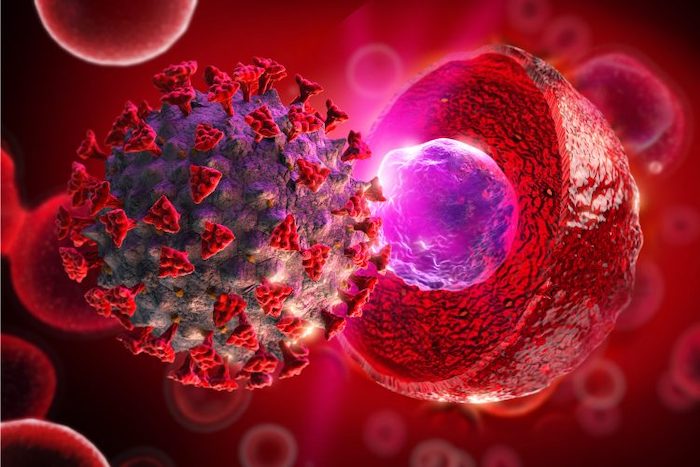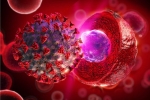
Although many countries including the USA, China, Italy, UK, France, Spain, Germany, Turkey, Iran, Brazil, and Jordon have proposed stem cell use for COVID‐19 patients, only a limited number of stem cell‐based studies are available currently to deduce solid limitations or potential of such therapy for COVID‐19. A study recently conducted in Beijing's YouAn Hospital, China, from January 23, 2020 to February 16, 2020 suggests a possible role of MSCs administration in COVID‐19 treatment (Leng et al., 2020). This single‐center open‐labeled study was performed on seven COVID‐19 patients of different degrees of severity (critically severe [n = 1], severe [n = 4], and common type [n = 2]). A single dose of MSCs (106 cells/kg body weight) was administered and patients were followed for 14 days. No adverse events in terms of allergic reactions or secondary infections were reported after MSC administration. Most importantly, pulmonary function and symptoms were significantly improved in all patients 2 days after MSC injection. In this study, treatment with MSCs increased the number of peripheral lymphocytes, decreased C‐reactive protein (CRP) levels, and numbers of overactivated cytokine secreting immune cells declined. Similarly, TNF‐α levels significantly decreased concurrently with an IL‐10 increase in patients treated with MSC as compared to the control group. All patients in the stem cell‐treated group survived but not in the control group. Overall, this study demonstrated the potential efficacy and safety of stem cell infusion in all seven patients.
In another case report, (Liang et al., 2020) human umbilical cord tissue‐derived MSCs (CT‐MSCs) was infused in a critically ill COVID‐19 patient. The 65 years old female patient had increased neutrophils, decreased numbers of lymphocytes, and was confirmed positive for SARS‐CoV‐2. Although the patient was treated with the antiviral drugs lopinavir/ritonavir, IFN‐α, and iv injection of moxifloxacin, methylprednisolone, and immunoglobulin, the patient developed a spastic cough, severe diarrhea, and electrolyte disturbance and was later diagnosed critically ill and was shifted to ICU and an invasive tracheal cannula was performed to decrease the respiratory distress. Also, the noninvasive mechanical ventilator was used to combat hypoxia and respiratory muscle fatigue of the patient. Stem cell therapy was proposed by the medical team and the patient was given three infusions of 5 × 107 CT‐MSCs 3 days apart. The patient responded to the MSC administration and within a week pneumonia was greatly relieved. The patient was able to be transferred from the ICU and further clinical investigation showed normal levels of laboratory indexes such as creatinine level, albumin, alanine aminotransferase, CRP, procalcitonin, d‐dimer. Also, computed tomography images indicated relief in both the left and right lungs.
In another study, Sanchez‐Guijo et al. (2020) determined the safety and potential use of AT‐MSCs. In this study, 13 COVID‐19 adult patients under invasive mechanical ventilation were enrolled. All the patients previously received antiviral and/or anti‐inflammatory treatments including steroids, lopinavir/ritonavir, hydroxychloroquine, and/or tocilizumab, and so forth. Ten out of thirteen patients received two doses (3 days after the first dose) of allogenic AT‐MSCs. The remaining two patients were given a single dose while the third patient received three doses of allogenic AT‐MSCs. Each dose contained 0.98 × 106 AT‐MSC/kg of the recipient's body weight. The study observed no cell therapy‐related adverse effects. While 70% of the patients exhibited clinical improvement and discharged from ICU, four patients remained intubated and two patients died. MSC therapy was related to a decrease in CRP, IL‐6, ferritin, lactate dehydrogenase, and d‐dimer and an increase in lymphocytes. The study indicates that the administration of AT‐MSCs is safe and can improve clinical outcomes in COVID‐19 patients.
Precision Pain Care and Rehabilitation has two convenient locations in Richmond Hill – Queens and New Hyde Park – Long Island. Call the Richmond Hill office at (718) 215-1888, or (516) 419-4480 for the Long Island office, to arrange an appointment with our Interventional Pain Management Specialist, Dr. Jeffrey Chacko.













